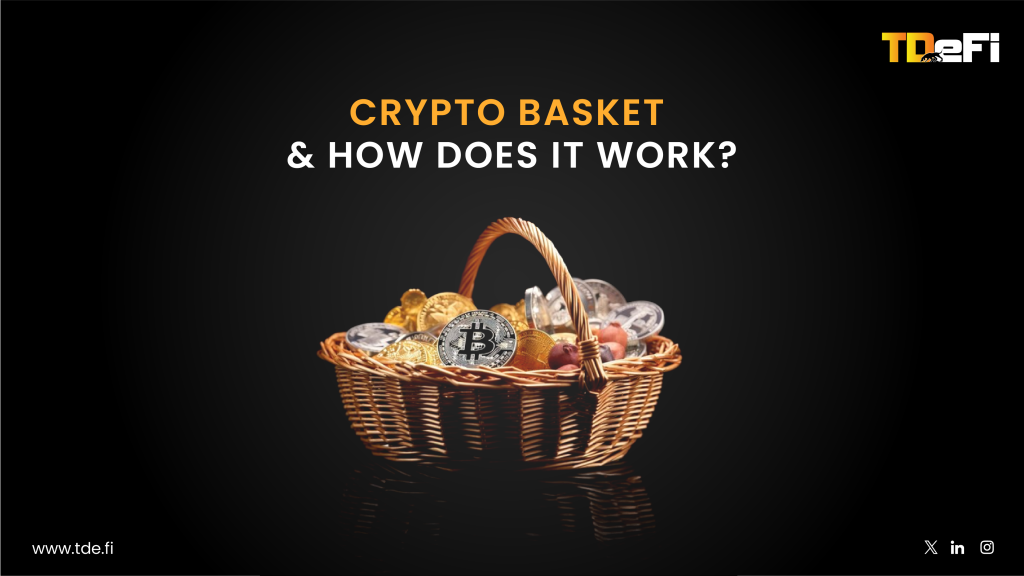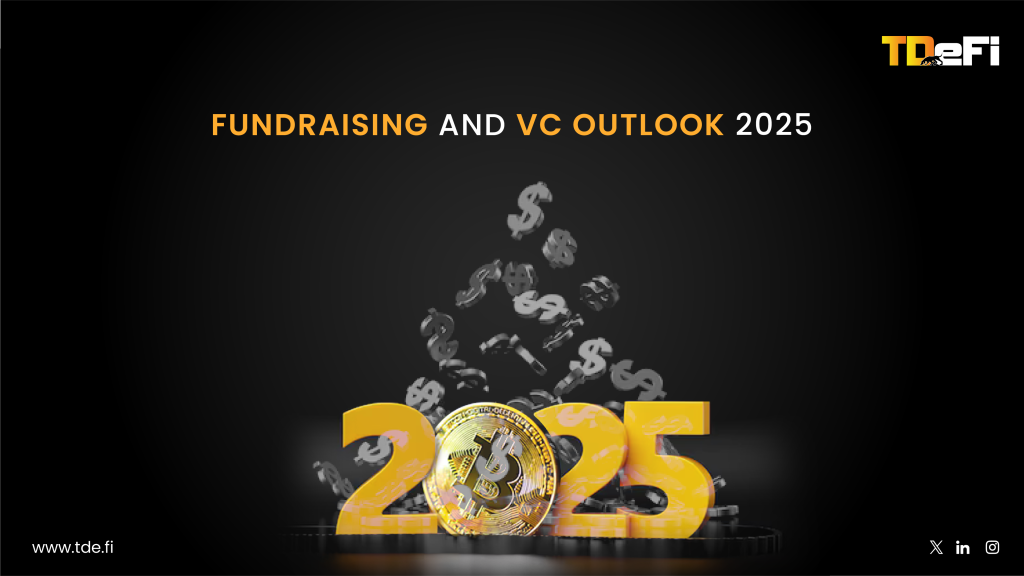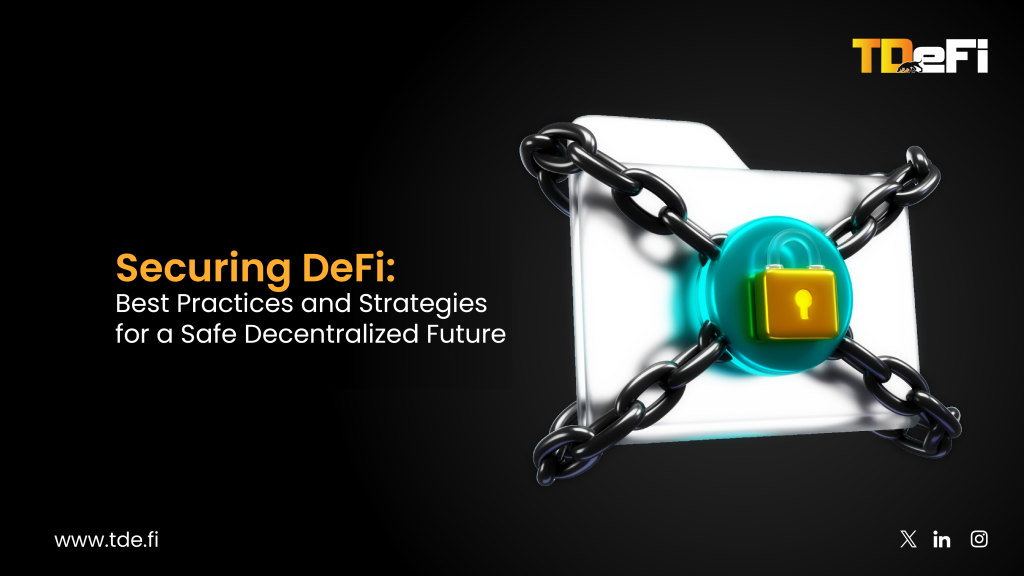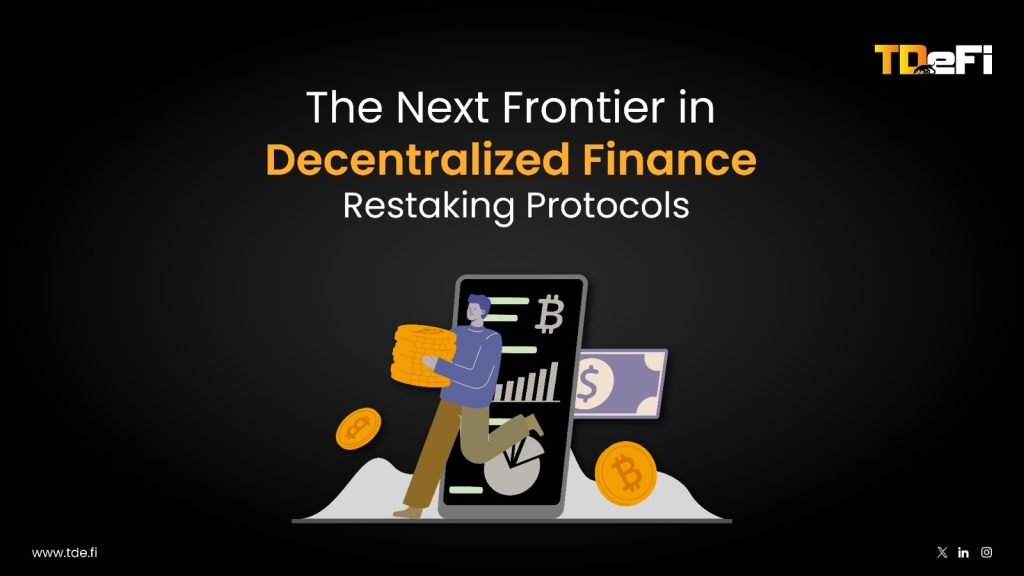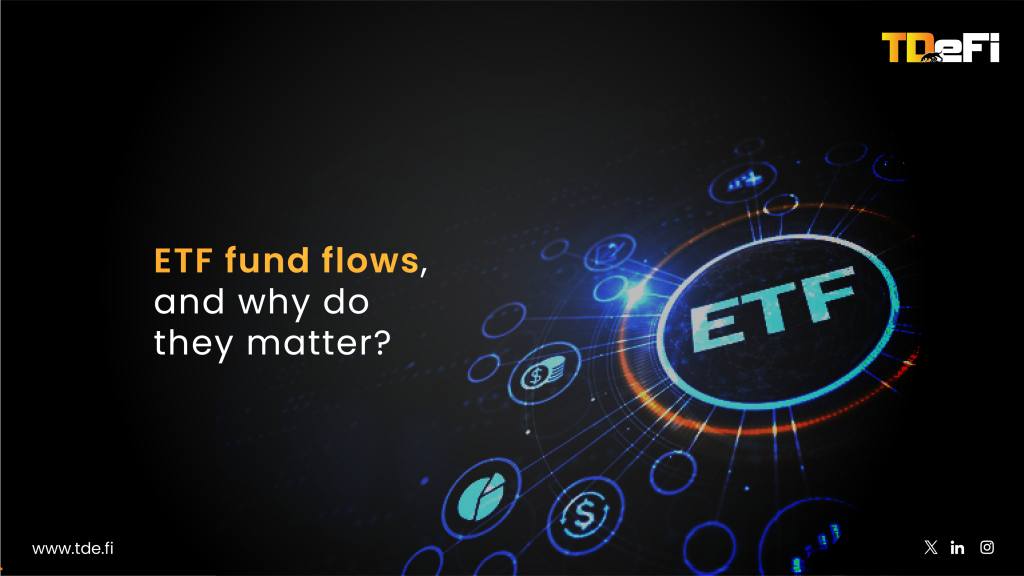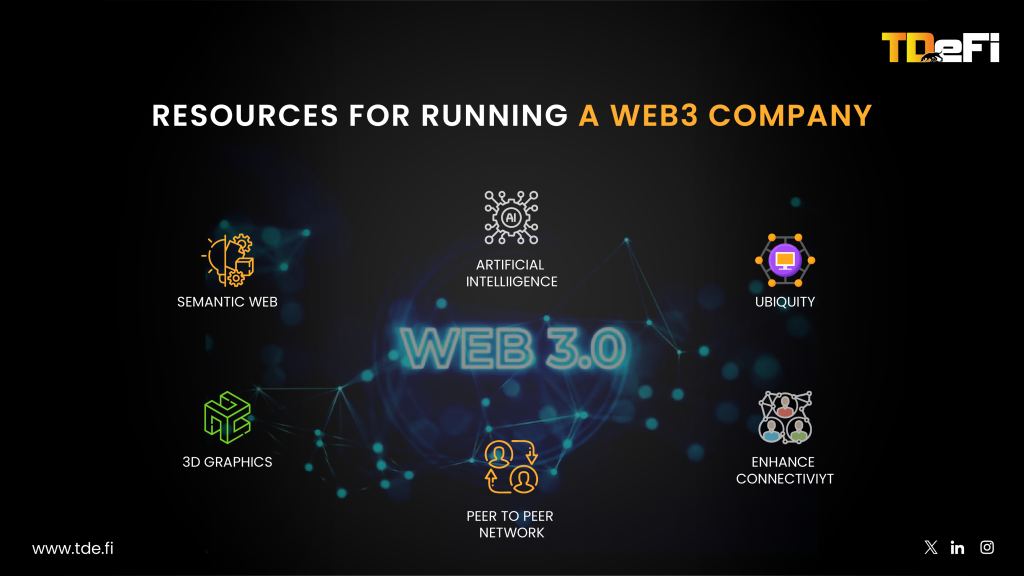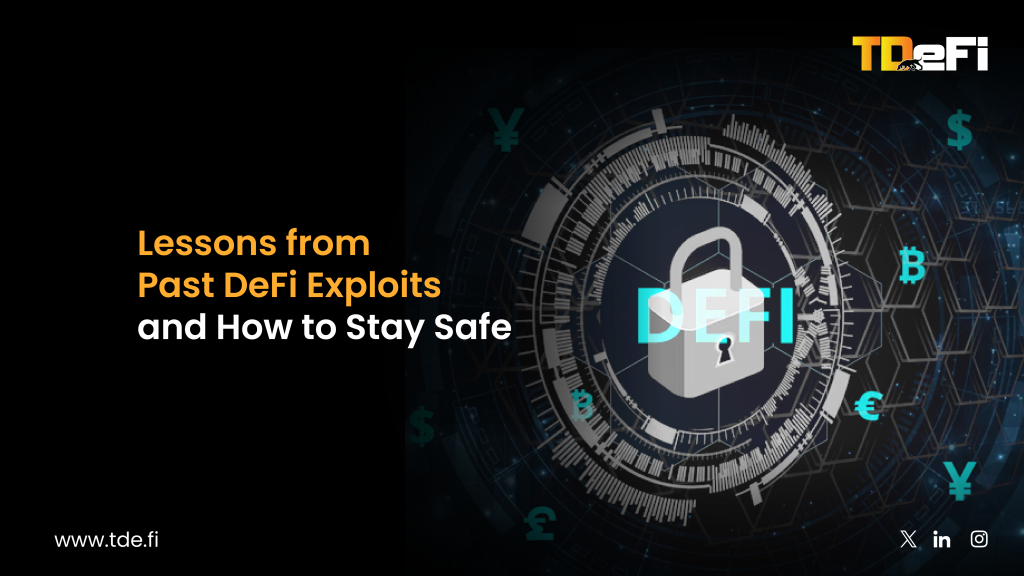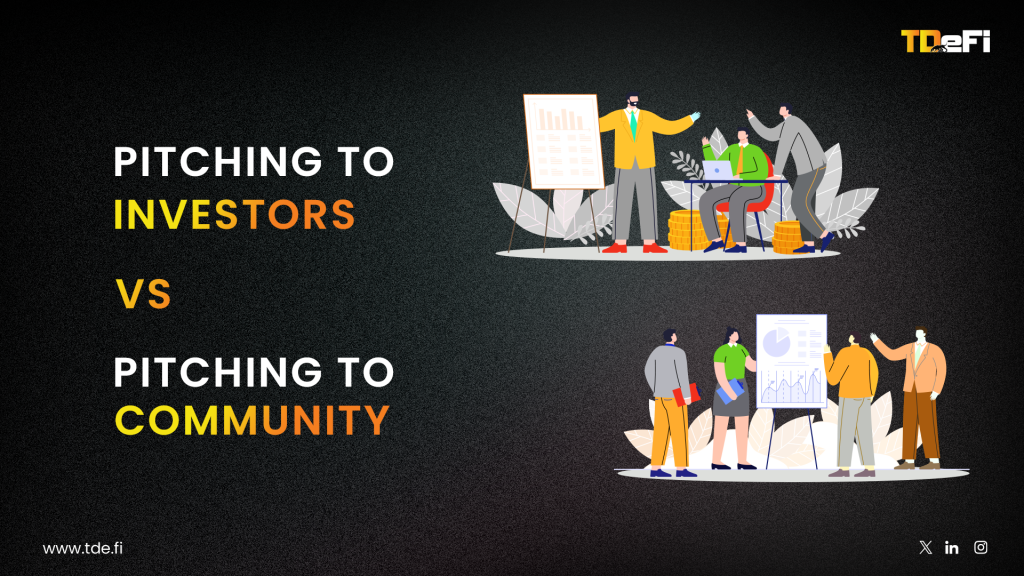The digital frontier is expanding, and with it comes the emergence of Web3, the decentralized web. As we navigate this new territory, the importance of regulatory compliance becomes increasingly evident. This article delves into the nuances of regulatory compliance in the Web3 domain, highlighting its significance and the multifaceted benefits it brings.
Understanding Regulatory Compliance
Cryptocurrencies have witnessed a meteoric rise in the last decade, both in adoption and market capitalization. As digital currencies began to gain traction, the need for a regulatory framework became evident. The evolution of global crypto regulation has been a journey marked by challenges, debates, and significant milestones.
There’s a current trust deficit in the crypto space. While regulation alone cannot bridge this gap, clarity in terminology, application of regulation, and improvements in risk management capabilities and procedures by firms can serve as a starting point to rebuild trust. Regulatory compliance refers to the adherence of companies and organizations to laws, regulations, guidelines, and specifications relevant to their business processes.
In the context of Web3, it encompasses the rules and standards set by authorities to ensure the safe and ethical operation of decentralized platforms and applications.
Initial Skepticism and Caution
Many countries were skeptical in the early days of Bitcoin and other cryptocurrencies. The decentralized nature of these digital assets and their potential for illicit activity misuse made regulators wary. Some nations, like China, banned crypto exchanges and Initial Coin Offerings (ICOs).
Shift Towards Acceptance
The narrative shifted as the potential benefits of blockchain technology and digital currencies became evident. Countries like Japan took the lead in recognizing Bitcoin as a legal payment method. The U.S., while cautious, allowed the operation of crypto exchanges and started discussions on potential regulatory frameworks.
Standardization Efforts
Global bodies, such as the Financial Action Task Force (FATF), began to see the need for standardized crypto regulations. The FATF issued guidelines for its member countries, emphasizing the importance of Know Your Customer (KYC) and Anti-Money Laundering (AML) procedures for crypto exchanges.
Current Landscape
Today, the global crypto regulatory landscape is a mix of matured frameworks, ongoing discussions, and areas of ambiguity. While countries like Switzerland have established themselves as crypto-friendly nations with clear regulations, others are still formulating their stance.
Why Web3 Businesses Need To Take Legal And Compliance Seriously?
For Web3 businesses to gain mainstream acceptance and trust:
- They must prioritize legal frameworks and ensure they operate within the boundaries set by regulators.
- Engage with legal experts to understand the implications of their operations.
- Regularly audit and assess their platforms for compliance.
Benefits of Regulatory Compliance in Web3
Ensuring Consumer Protection and Trust
The crypto asset industry has experienced significant fluctuations over the past year. There have been remarkable highs, but these have been overshadowed by significant lows, which include failures of crypto firms, instances of fraud, scams, and mismanagement of customer funds. These challenges underscore the importance of a robust global regulatory policy and supervision. Regulations ensure that Web3 platforms prioritize user security, thereby fostering trust. This includes safeguarding user assets, ensuring transparency in transactions, and protecting user data.
Fostering Innovation through Clear Guidelines
By providing a clear framework, regulations allow businesses to innovate without fear of inadvertently crossing legal boundaries. This clarity can spur growth and encourage more players to enter the space.
- Attracting Institutional Investors to Web3 Projects
Clear regulations provide a sense of security for institutional investors. With defined rules in place, these investors can confidently invest in Web3 projects, bringing in substantial capital and credibility.
Legal and Ethical Considerations in Web3 Compliance
- Privacy and Data Protection in a Decentralized Ecosystem
While Web3 promotes data ownership and privacy, it’s crucial to ensure that platforms don’t misuse this data. Regulations can mandate strict data protection measures, even in a decentralized setting.
- Smart Contracts and Legal Enforceability
Smart contracts automate transactions on the blockchain. However, their legal status remains a topic of debate. Regulatory clarity can define the legal enforceability of these contracts, ensuring they’re binding and valid.
Regulatory Compliance initiatives across the world
1. European Union’s Approach:
The European Union, in its pursuit of establishing a standardized regulatory framework for crypto-assets, ratified the Markets in Cryptoassets (MiCA) Regulation in October 2022. This monumental step positions the EU as the first to introduce a regulatory framework of this magnitude for crypto-assets globally.
Key Highlights:
- Scope and Objective: MiCA primarily targets issuers and service providers of crypto-assets. The overarching aim is twofold: to safeguard consumers and investors and to foster financial stability while simultaneously promoting innovation in the crypto sector.
- Crypto-Asset Definitions: The regulation categorizes crypto-assets into distinct types:
- Asset-referenced tokens (ARTs): These maintain a stable value by referencing multiple fiat currencies, commodities, or other crypto-assets.
- Electronic money tokens (EMT): These aim to maintain value by referencing a single fiat currency.
- Utility tokens: These grant digital access to a specific good or service available on Distributed Ledger Technology (DLT) and are accepted solely by the token’s issuer.
- Exclusions: MiCA does not encompass the DeFi (Decentralized Finance) industry, non-fungible tokens (NFTs), security tokens, and crypto-asset finance. These either have existing regulations or require further legislative scrutiny due to their unique characteristics.
- Consumer Protection and Transparency: Issuers of crypto-assets are mandated to provide comprehensive and transparent information about their offerings. They must adhere to stringent disclosure and transparency rules. Additionally, crypto-asset service providers are required to register and enforce robust security measures alongside anti-money laundering compliance.
- Environmental Considerations: MiCA also addresses the environmental implications of cryptocurrencies, particularly the energy-intensive nature of some cryptocurrency mining processes and the resultant electronic waste.
- Complementary Regulatory Efforts: MiCA is part of a broader regulatory initiative that includes the Digital Operational Resilience Act (DORA), the DLT Pilot Regime, and the Transfer of Funds Regulation (TFR). These regulations collectively aim to bolster the security, transparency, and resilience of the digital financial ecosystem in the EU.
2. US Regulatory Progress:
The United States has been actively working to establish a robust framework for the regulation of digital assets. The digital assets market has grown significantly, reaching a market capitalization of $3 trillion globally, with 16% of adult Americans having purchased digital assets. Recognizing both the potential opportunities and risks, the U.S. government has outlined a comprehensive approach to address various aspects of digital assets.
Key Highlights:
- Executive Order on Ensuring Responsible Development of Digital Assets: President Biden’s Executive Order in March 2022 marked the first whole-of-government approach to digital assets. It identified six key priorities, including consumer and investor protection, financial stability, countering illicit finance, U.S. leadership in the global financial system, financial inclusion, and responsible innovation.
- Protecting Consumers, Investors, and Businesses: The administration has been actively working to protect consumers through increased enforcement, guidance, and aggressive pursuit of fraudulent actors. Regulatory bodies like the SEC and CFTC are encouraged to pursue investigations and actions against unlawful practices in the digital assets space.
- Promoting Access to Safe, Affordable Financial Services: The administration aims to develop financial services that are secure, reliable, affordable, and accessible to all. Efforts include encouraging the adoption of instant payment systems and considering a federal framework to regulate nonbank payment providers.
- Fostering Financial Stability: Recognizing the intertwined nature of digital assets and the mainstream financial system, the administration is working to identify and mitigate risks. The Financial Stability Oversight Council (FSOC) will publish a report discussing digital assets’ financial stability risks and related regulatory gaps.
- Advancing Responsible Innovation: The government plans to foster responsible digital asset innovation through research and development, regulatory guidance, and environmental considerations.
- Reinforcing Global Financial Leadership and Competitiveness: The U.S. is actively working with international organizations and standard-setting bodies to promote standards and regulations that reflect core values like data privacy, financial stability, and consumer protection.
- Fighting Illicit Finance: Efforts are underway to mitigate risks through regulation, oversight, law enforcement action, and collaboration with the private sector.
- Exploring a U.S. Central Bank Digital Currency (CBDC): Recognizing the potential benefits and risks of a U.S. CBDC, the administration has developed policy objectives for a potential U.S. CBDC system and encourages ongoing research and evaluation.
3. Initiatives in the UAE
The Virtual Assets Regulatory Authority (VARA) stands as a testament to Dubai’s forward-thinking approach to the rapidly evolving world of digital assets. As the digital landscape undergoes transformational changes, VARA emerges as a beacon of regulatory clarity and innovation in the region.
- A Dedicated Authority:
VARA is the sole authority responsible for regulating virtual assets across Dubai’s free zones and mainland, with the exception of specific designated areas. This centralized approach ensures a consistent and comprehensive regulatory framework, fostering a conducive environment for businesses and investors alike.
- Scope and Vision:
Beyond just cryptocurrencies like Bitcoin, VARA’s regulatory purview extends to a wide range of virtual assets, including non-fungible tokens (NFTs) and other digital commodities. The authority is committed to creating a regulatory framework that is both robust and flexible, catering to the dynamic nature of the virtual asset industry.
- Promoting Responsible Innovation:
At the heart of VARA’s mission is the goal of pioneering responsible innovation. Recognizing the transformative potential of virtual assets, the authority seeks to strike a balance between promoting technological advancements and ensuring consumer protection, financial stability, and transparency.
Educating Regulators: A Foundational Necessity
Effective regulations require informed regulators. This entails:
- Thorough Blockchain Workshops: Tailored curriculum, hands-on experience, and real-world case studies ensure regulators grasp the nuances of blockchain.
- Engagement with Experts: Direct interactions, consultative committees, and industry partnerships provide regulators with valuable insights.
- Staying Updated: Dedicated teams, relevant subscriptions, and active participation in global conferences keep regulators informed of the ever-evolving Web3 space.
In Conclusion
The Web3 landscape is vast and filled with potential. However, for this potential to be fully realized, regulatory compliance is non-negotiable. It ensures that the ecosystem grows in a manner that’s secure, ethical, and beneficial for all stakeholders involved. As we continue to explore the possibilities of Web3, it’s clear that a harmonious relationship between innovation and regulation will pave the way forward.
























